Be careful not to be too quick to say that a patient’s problems are due to canal dehiscence.
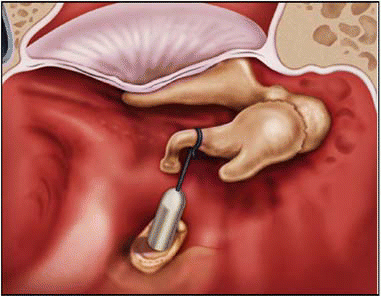

Be careful not to be too quick to say that a patient’s problems are due to canal dehiscence.
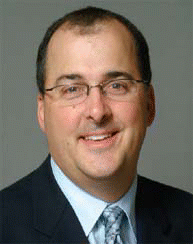
When repairing a spontaneous cerebrospinal fluid (CSF) leak, the surgeon needs to take extra measures to guard against recurrence, according to a team of investigators at the University of Pennsylvania.
Two studies presented at recent Triological Society meetings, both of which surveyed former otolaryngology residents about current otolaryngology surgical training and postgraduate practice and referrals, shed light on the direction in which the specialty’s training may need to move.
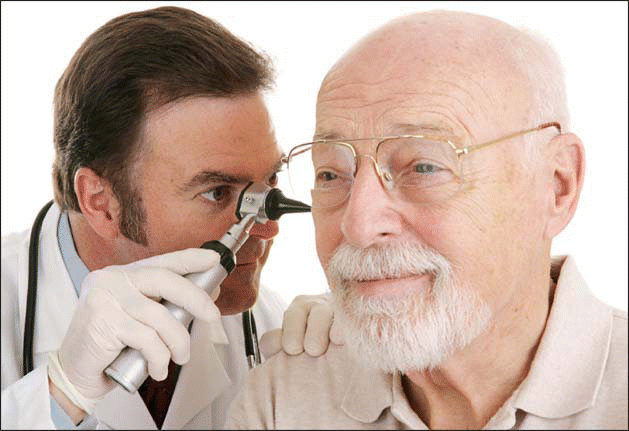
Although stereotactic radiation provides a noninvasive approach to treating acoustic neuromas, it also carries the risk of hearing loss over time for a sizable portion of patients, according to experts.

If recent evidence showing that a hearing injury in infants is a predictor of susceptibility to sudden infant death syndrome (SIDS) is validated with further studies, a perplexing and horrifying syndrome that has caused much consternation and anguish may potentially be detected by a simple hearing test at birth.
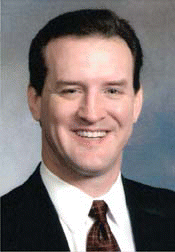
Otalgia is a common complaint of patients presenting to both general practice and otolaryngology clinics.

Vertigo is a complaint that often causes patients to seek a consultation with an otolaryngologist.
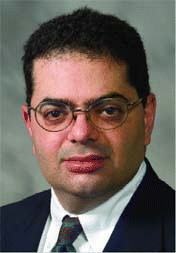
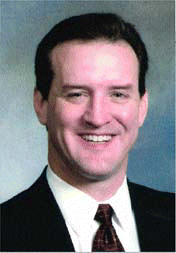
A 48-year-old woman presents to you for bilateral hearing loss, aural fullness, vertigo, nausea/vomiting, and tinnitus of two months’ duration.
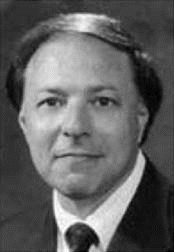
Although steroids are effective for many patients with autoimmune inner ear disease (AIED), there are still challenges in diagnosing the condition, mysteries behind what happens to the inner ear, and controversy over whether intratympanic injections help.